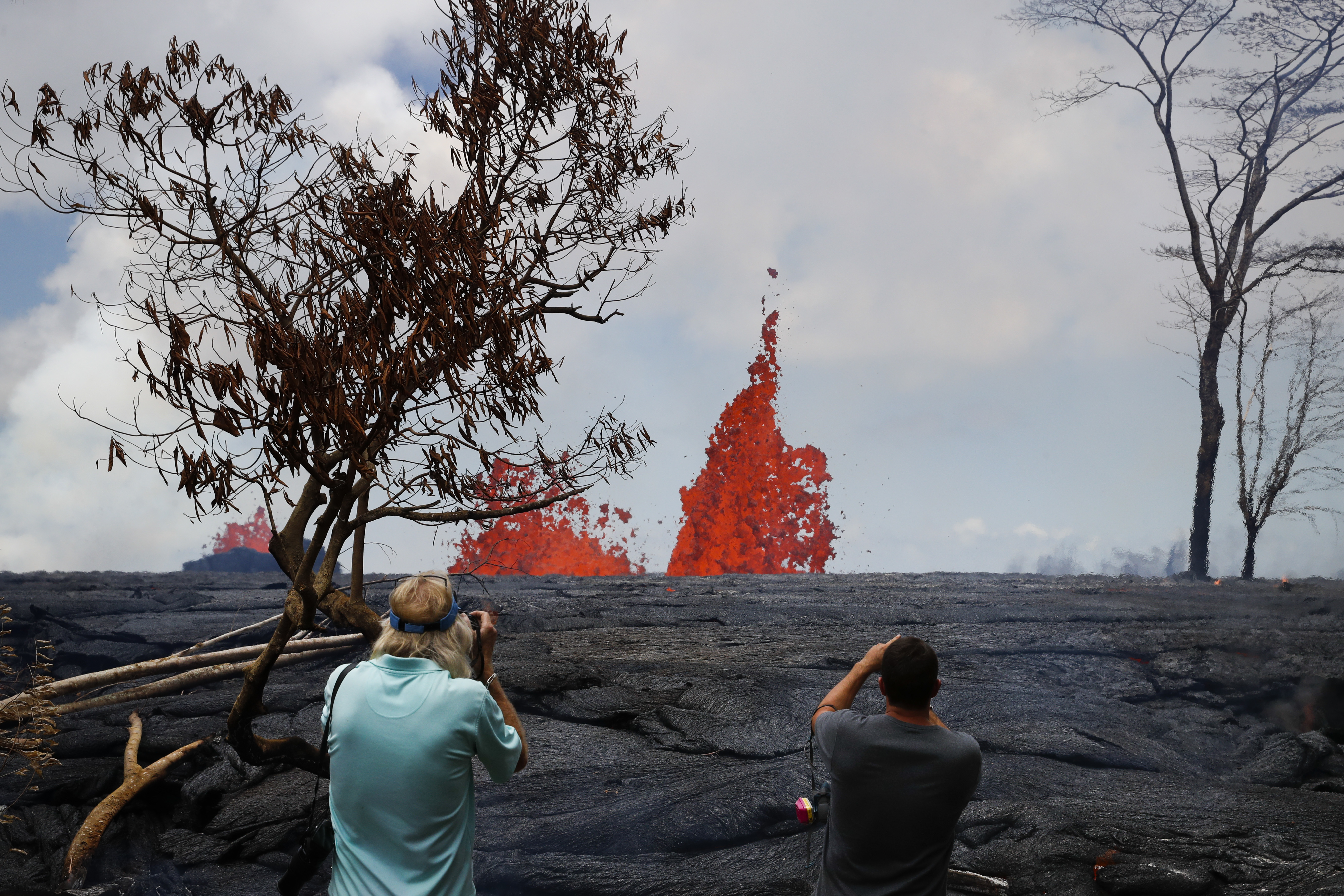Fact-checkers under attack in Brazil
Facebook’s fact-checking tool was rolled out in Brazil last week in partnership with Aos Fatos and Agência Lupa. A flood of accusations of “censorship,” and “extreme-left bias” followed. More worrying still were personal attacks and heavy insults leveled against fact-checkers on social media.
As Alexios wrote for Folha on Friday, in Brazil, polarization seems to be getting in the way of a possible solution to misinformation. (Read the op-ed in English here). Just a year ago, fact-checkers at Agência Publica's Truco received a photo of a rubber penis stamped with “Check This” from MBL, the same group behind a lot of last week’s attacks.
The way forward seems to be to double down on transparency — all stories flagged by Lupa are accessible here, by Aos Fatos here — and to push back on falsehoods.
The tense situation will continue. According to researchers at the Fundação Getulio Vargas who analyzed 45,000 tweets, this debate is just the opening salvo of a “virtual guerrilla” set to last until the elections. The Brazilian Parliament was already discussing 20 draft bills on fake news — and announced an unspecified “front against fake news” on Wednesday.
Related: While questioning Mark Zuckerberg at the European Parliament, lead Brexiteer Nigel Farage asked the Facebook boss, “Who are these third-party fact-checkers? Who are these people?” (Nigel, if you’re reading us: Here are those people.)

This is how we do it
- National Geographic fact-checks Hawaii’s volcanic eruption and teaches us the difference between lava and magma.
- Africa Check has launched an election promise-tracker that’s following 10 key promises in Nigeria, South Africa and Kenya. Africa Check also has changed the layout of its reports.
- For people in rural areas with limited — or very expensive — WiFi connections, radio is often still a major form of communication. So these fact-checkers are bringing their work to the Kenyan airwaves.
Research you can use
- A Data & Society report looks at how people interpret the news the same way they interpret the Bible — a process the researcher calls “scriptural inference.”
- Northwestern University’s Knight Lab is working on an automated fact-checking project, starring Alexa.
- Over the course of a decade, this new study analyzed 560 YouTube videos spreading misinformation about vaccines and autism.
Trump heeft een boodschap voor alle Belgen… #Klimaatpetitie pic.twitter.com/Kf7nIaDOKj
— sp.a (@sp_a) May 20, 2018
This is bad
- A Belgian political party published a deepfake video of Donald Trump on Twitter and Facebook.
- Bogus news sites and fake Facebook pages took advantage of the school shooting in Santa Fe, Texas, that left 10 dead. Some TEGNA stations did some basic on-air fact-checking as the news broke.
- People and news organizations shared old photos claiming to depict last week’s plane crash in Cuba.
This is fun
- Characters in the “Murphy Brown” television reboot will feature fake news and “alternative facts.”
- Depending on your perspective (and your gag reflex), this story might be fun. Or not.
- Originally published for International Fact-Checking Day on April 2, here’s a cartoon with seven tips for verifying online information.

A closer look
- Want to stay in the know about misinformation in and about Europe? Here’s a fortnightly roundup with the most important news you need to know.
- BuzzSumo published a meta report on how news about fake news took off after the 2016 U.S. election.
- PBS NewsHour goes inside Facebook’s effort to separate news from junk.
If you read one more thing
In “If Social Media Sites Acted Like Publishers, Fake News Would Vanish,” a former newspaper editor explains how the U.S. Communications Decency Act messed up everything.
12 quick fact-checking links
- The IFCN’s “Fact Forward” innovation fund was awarded to Check News.
- Malaysia’s new communications minister says he’ll revoke the country’s “Anti-Fake News Act.” (Channel NewsAsia)
- Misinformation researcher Brendan Nyhan is moving from Dartmouth College to the University of Michigan.
- At least 19 countries around the world have now taken action against misinformation. Check out Poynter’s updated guide.
- Facebook hires the Atlantic Council to help fight fake news globally. (Mother Jones)
- You might want to get familiar with the term “dissociation” — it’s happening a lot lately in U.S. politics. (The Seattle Times)
- Latest ABA Legal Fact Check: Can a prosecutor really just “step aside” in an ongoing case?
- A California 16-year-old presented his award-winning study on fake news and visual “flags” at last week’s Intel science fair.
- To provide people with “authentic information,” Twitter will soon roll out its new profile labeling for candidates for public office. (The Associated Press)
- On Wednesday, Facebook announced some more details about an academic commission charged with studying the volume and effect of misinformation on the platform. Oh, and the company also created a short film about their behind-the-scenes efforts.
- Major Italian media outlets picked up a likely fake story about an 88-year-old woman leaving her €3 million inheritance to former prime minister Silvio Berlusconi.
- Elon Musk may or may not be starting a fact-checking project.
Until next week,







